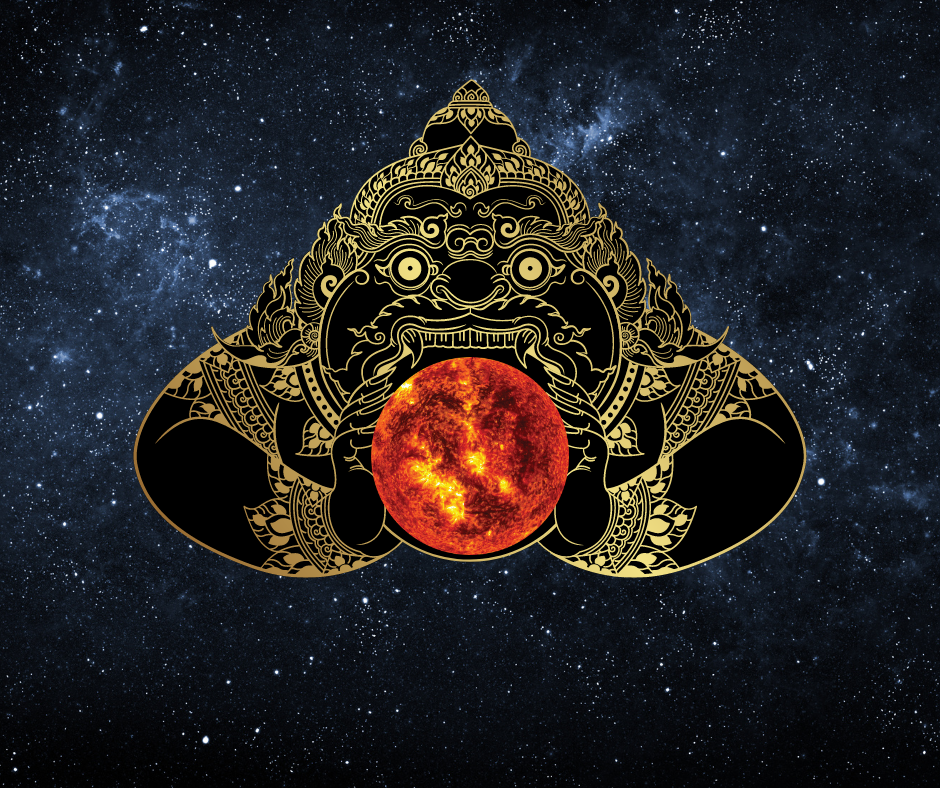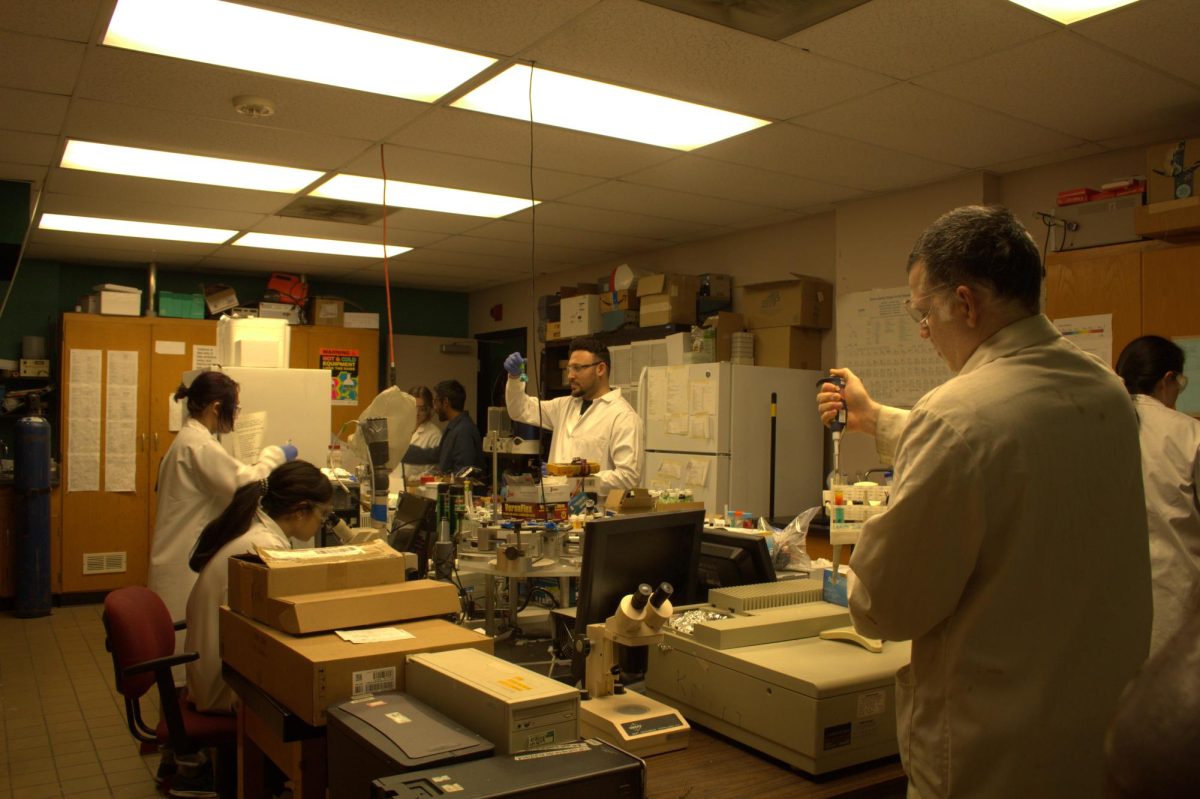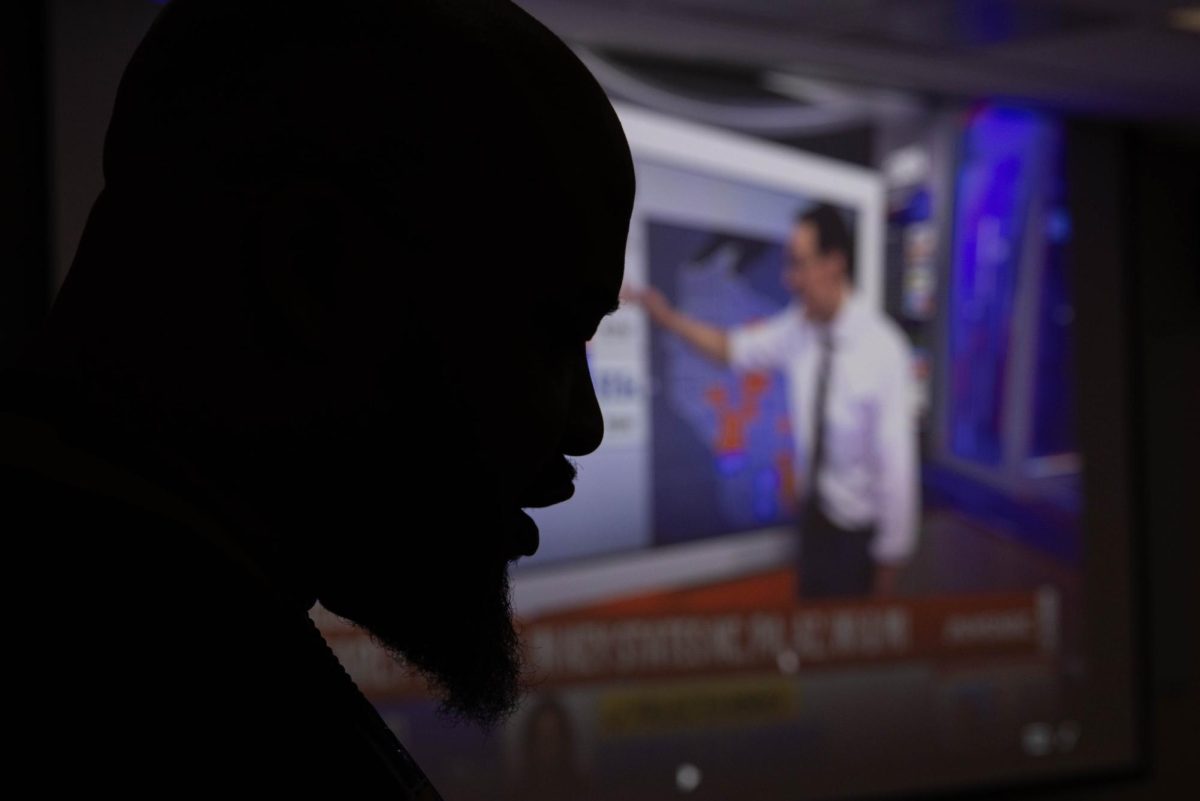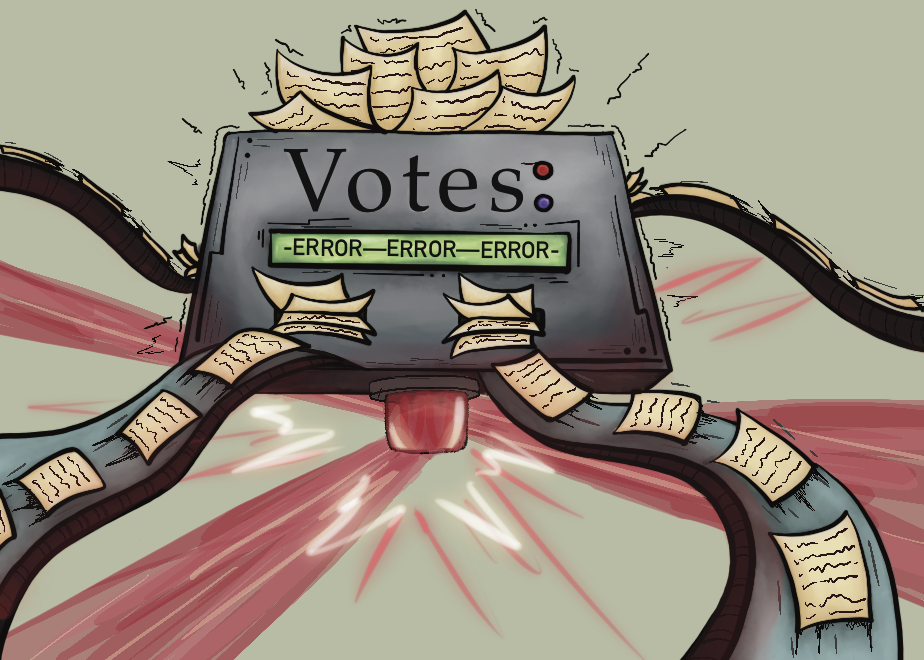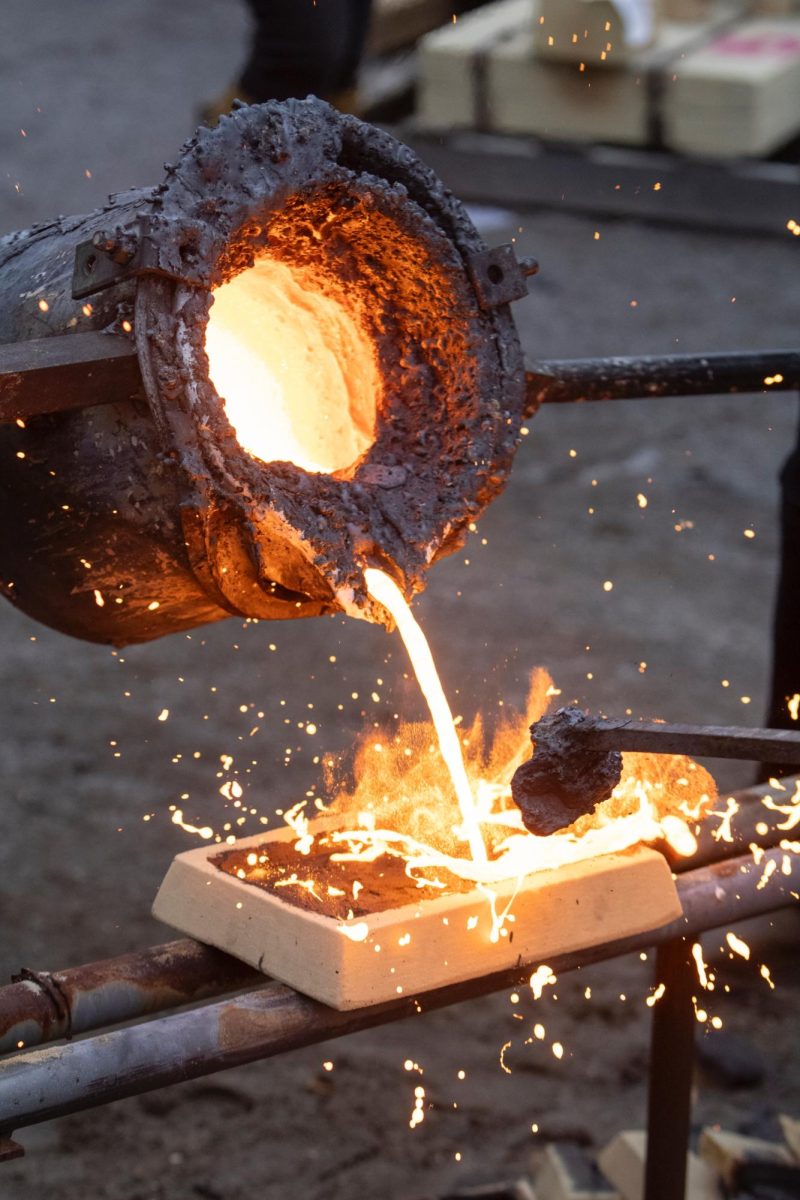From demons eating the sun to eternal misery, several myths have been shared about the total solar eclipse. Some of these myths still inflict fear in people who are preparing to watch the eclipse on April 8.
In ancient Greek mythology, it was believed that eclipses were a sign that the gods were angry or upset with humans, which led to the sun disappearing from Earth and bringing untold misery. The word eclipse came from the Greek word meaning abandonment or disappearance.
Advertisement
When eclipses occurred, Greeks believed that catastrophe would fall upon them, that the royal family would fall or that demons had eaten the sun. As more eclipses have taken place, mythologies have changed throughout different cultures.
Not every myth has been scary or negative, some cultures believed that the eclipse was the sun and moon coming together to make more stars or that it was a silly act caused by a child.
In Transylvanian folklore, the solar eclipse was believed to originate from the sun’s reaction to man’s bad behavior or sins by turning away or becoming dark. It was also believed to create a poisonous dew that would harm the people watching it.
In Indian mythology, Rahu, who was an immortal demigod, had his head cropped off by Lord Vishnu. Rahu had a grudge against the sun and moon which lead believers in Indian mythology to think that, during a solar eclipse, Rahu was eating the sun. Since Rahu did not have a body, his reign of victory did not last long, the sun would pass out of his throat shortly after.
Advertisement*
The Ancient Chinese believed multiple stories of why solar eclipses occurred. One belief was that the future of the Emperor was being told by heavenly signs. Another was that a celestial dragon was eating the sun and attacking the moon. These beliefs were supported by the Chinese term for eclipse, “shi”, which also means to eat. The Chinese would bang loud drums to scare away the dragon that was eating the sun.
In South America, the Inca saw the solar eclipse as time to provide a sacrifice because they believed that the sun god was displeased. The sacrifice was supposed to appease the sun god and stop the source of his wrath.
In more recent years, more myths or misconceptions have been believed surrounding the total solar eclipse. Some of those include dangerous radiation that could harm pregnant women and their babies. These myths have been proven wrong; during the eclipse there is actually less radiation than there is when the sun is regularly shining.
Another recently believed myth is that the eclipse is a sign that something bad is about to happen. This myth is encouraged by what psychologists call confirmation bias. It is where people remember all times when two things occurred at once, yet forget every time they have not.
Confirmation bias causes people’s brains to have a slanted view of cause and effect that can be remembered easily because the human brain is trained to look for what it already knows. This method is used as a survival rule of thumb, since eclipses do not occur often, people try to speculate what course of action they should take to survive the event.
A largely believed myth is that the solar eclipse means the end is coming. Some people currently believe Carbondale will be the epicenter of this doomsday, because it lies at the crossroads where the 2017 and 2024 paths of totality intersect.
If the world is ending, there are things that need to be done to prepare. As people run to collect food, water and emergency belongings; there are other important supplies that should be included.
If a checklist is being made, here is what should be written down for various scenarios.
Boring basic doomsday checklist: 1. Food 2. Water 3. Emergency kit and supplies 4. Flashlights 5. Battery powered radio 6. Whistle to alert others if in danger
Exciting doomsday checklist: 1. Snacks 2. Water and Coffee 3. More snacks 4. Emergency kit (this one is still important) 5. Portable charger (to stay updated with the Daily Egyptian live blog, which starts at 11 a.m. on April 8) 6.The newest edition of the Daily Egyptian 7. Reading glasses (if you need them so you can stay updated with the DE) 8. Speaker to play music to alert others and party til the end.
Both of these checklists could be beneficial if the eclipse takes a turn for the worst. Though the second list insures that the end of the world can still be fun, as long as no zombies arrive.
Staff reporter Alli Goering can be reached at [email protected]
Advertisement



